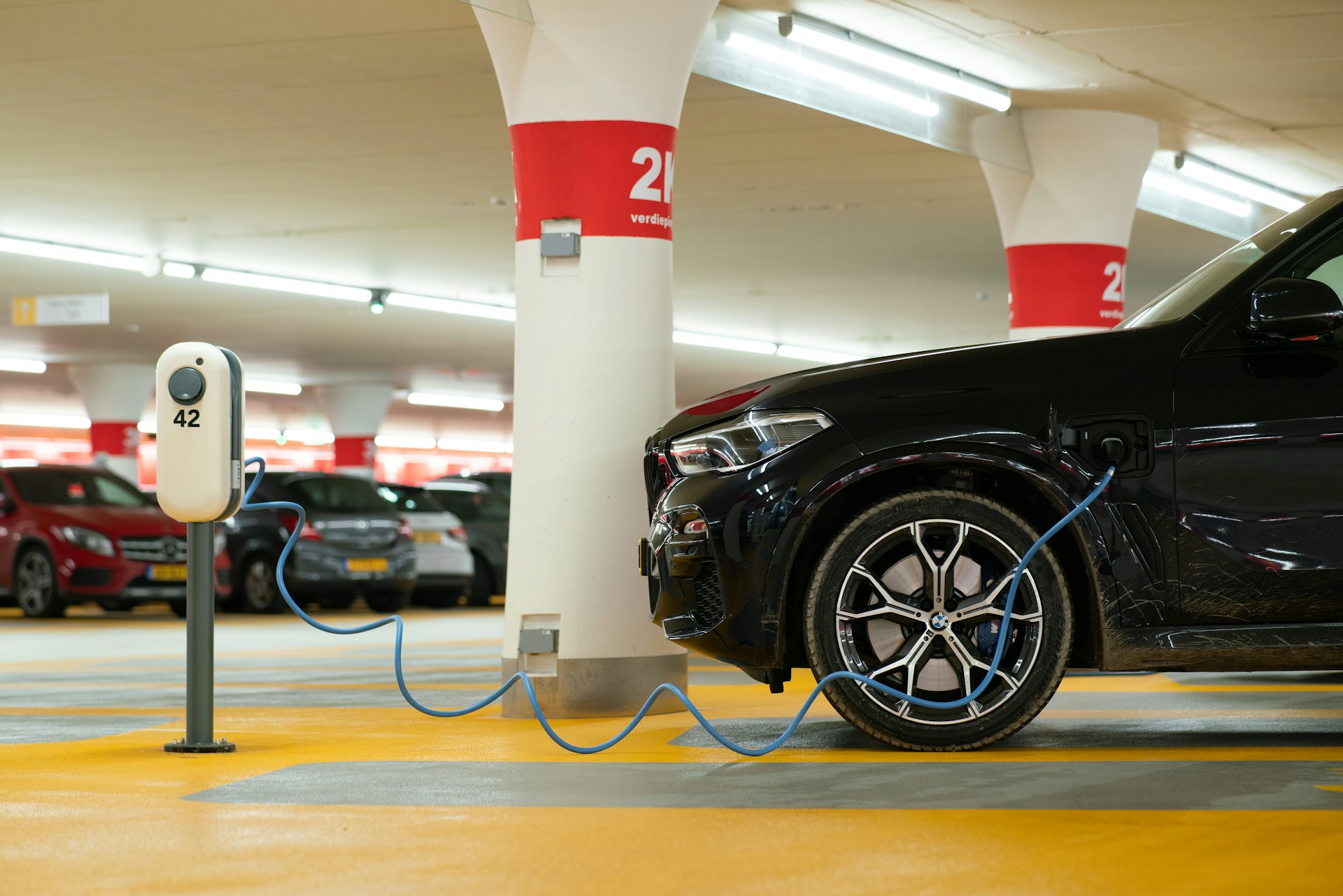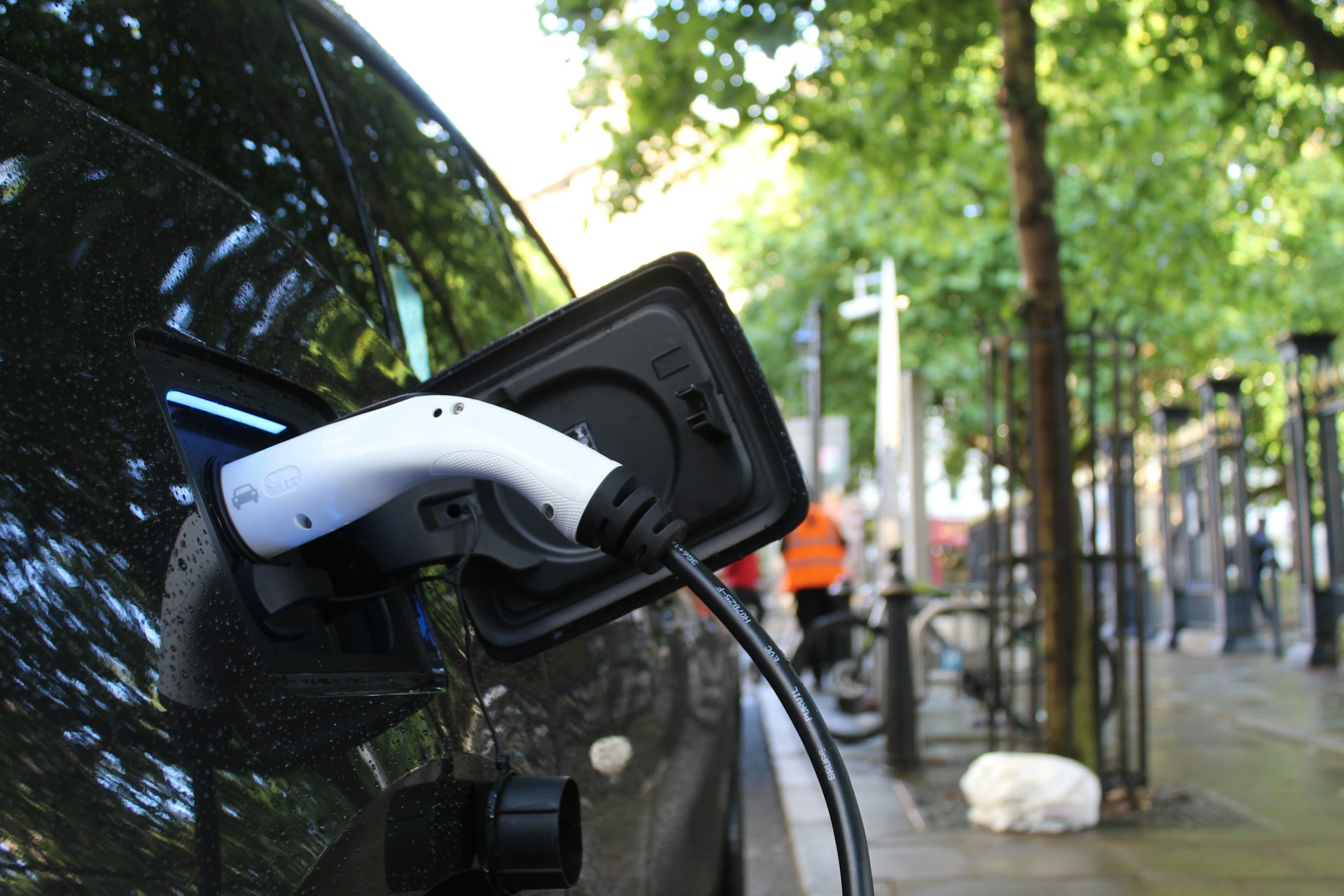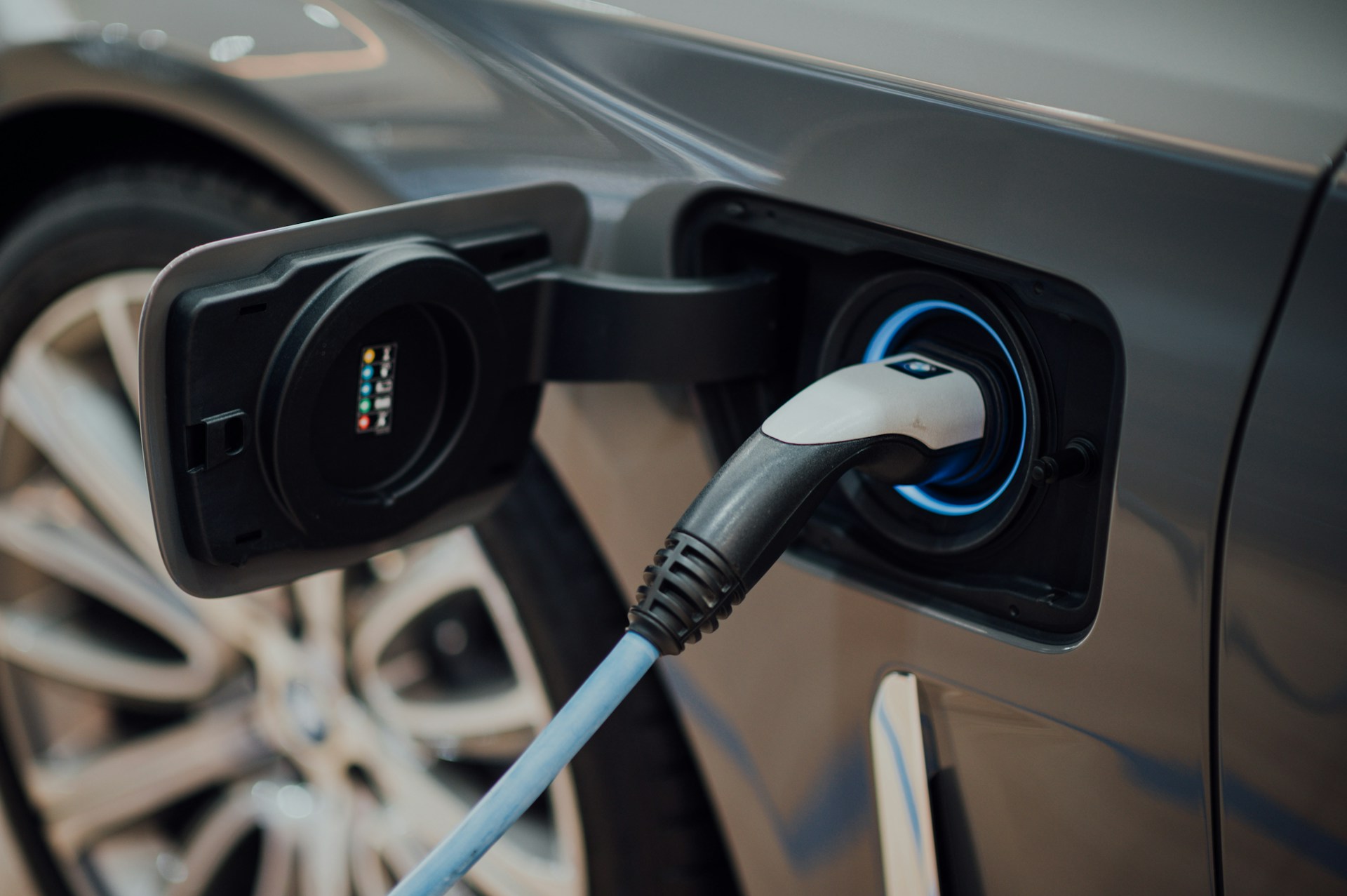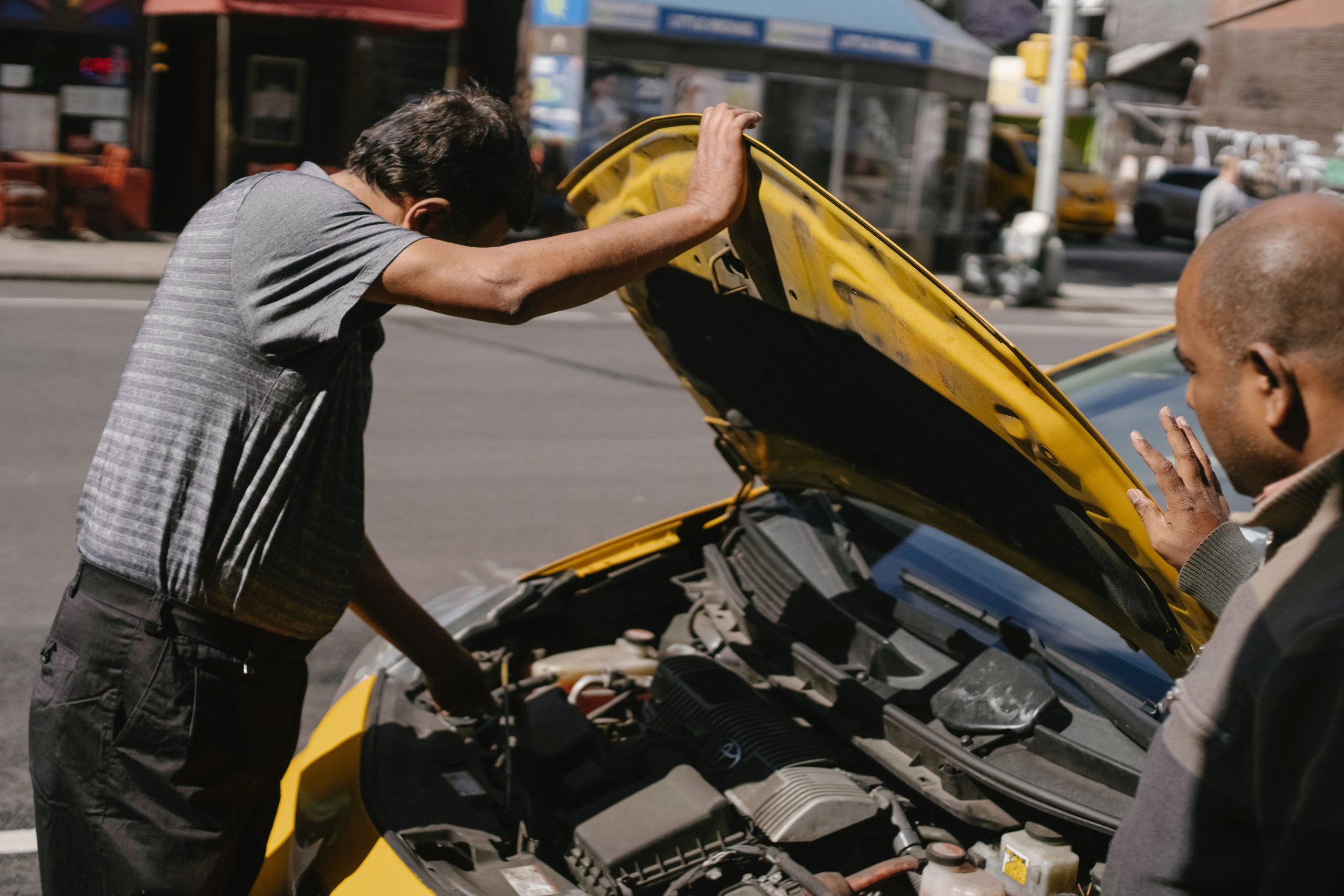The Lemon Law provides protection to consumers who find themselves dealing with a chronically defective vehicle.
While these laws originated in the era of gas-powered cars, the rise of electric vehicles (EVs) has made it necessary to consider how these laws apply to this new generation of transportation.

What Is the Lemon Law?
The California lemon law offer remedies to consumers for vehicles that repeatedly fail to meet standards of quality and performance. These laws are designed to protect consumers from the persistent troubles of dealing with a “lemon,” essentially a vehicle with significant manufacturing defects.
How Lemon Laws Cover Electric Cars
Much like conventional vehicles, electric cars are also subject to Lemon Laws. As electric cars have become more prevalent, these laws have been interpreted or amended to cater to the unique nature of electric vehicle technology and issues.
For a vehicle to be considered a lemon under most state laws, it must have a certain number of failed repair attempts or have spent a prolonged time out of service while under warranty. These criteria apply similarly to EVs when they experience defects in their electric motors, battery packs, or software that impairs their use, safety, or value.
Common EV Defects
The technology that powers electric cars is quite different from that of traditional vehicles, leading to specific considerations under Lemon Laws:
- Battery Issues: One of the most significant components of an EV is its battery. Problems with battery longevity or performance can trigger these laws if the issues are not adequately addressed by the manufacturer after a reasonable number of repair attempts.
- Software Glitches: EVs rely heavily on software for their operation. Persistent software problems that affect the vehicle’s operation may also be covered by Lemon Laws, given the software’s crucial role in vehicle functionality.
The Process for EV Owners
According to the Los Angeles lemon law attorneys at Young & Young APC, you should take the following steps if you suspect that your electric vehicle is a lemon:
Documentation
Similar to collecting evidence from a car accident, you should keep a detailed record of all the defects, repairs, and communication with the dealer and manufacturer. This includes repair bills, emails, and notes from conversations.
Repairs
You must give the manufacturer or its authorized repair shop an opportunity to fix the issue. The specific number of repair attempts considered “reasonable” depends on your state’s law.
Legal Notice
After a reasonable number of repair attempts, you should formally notify the manufacturer of the defect in writing, following the specific requirements of your state.

The Magnuson-Moss Warranty Act
Besides the California lemon laws, the federal Magnuson-Moss Warranty Act also provides a layer of consumer protection. This act covers consumer products, including electric vehicles, ensuring that consumers can receive relief when defects occur under an existing warranty.
Electric car owners plagued by ongoing vehicle defects are not left powerless thanks to Lemon Laws. These laws provide avenues for remedy, but understanding your rights under these laws can be challenging. If your new EV is showing signs of being a lemon, take detailed notes, check the specific Lemon Law in your state, and consider consulting an attorney. Driving the future doesn’t have to come with the weight of unresolved car defects.






